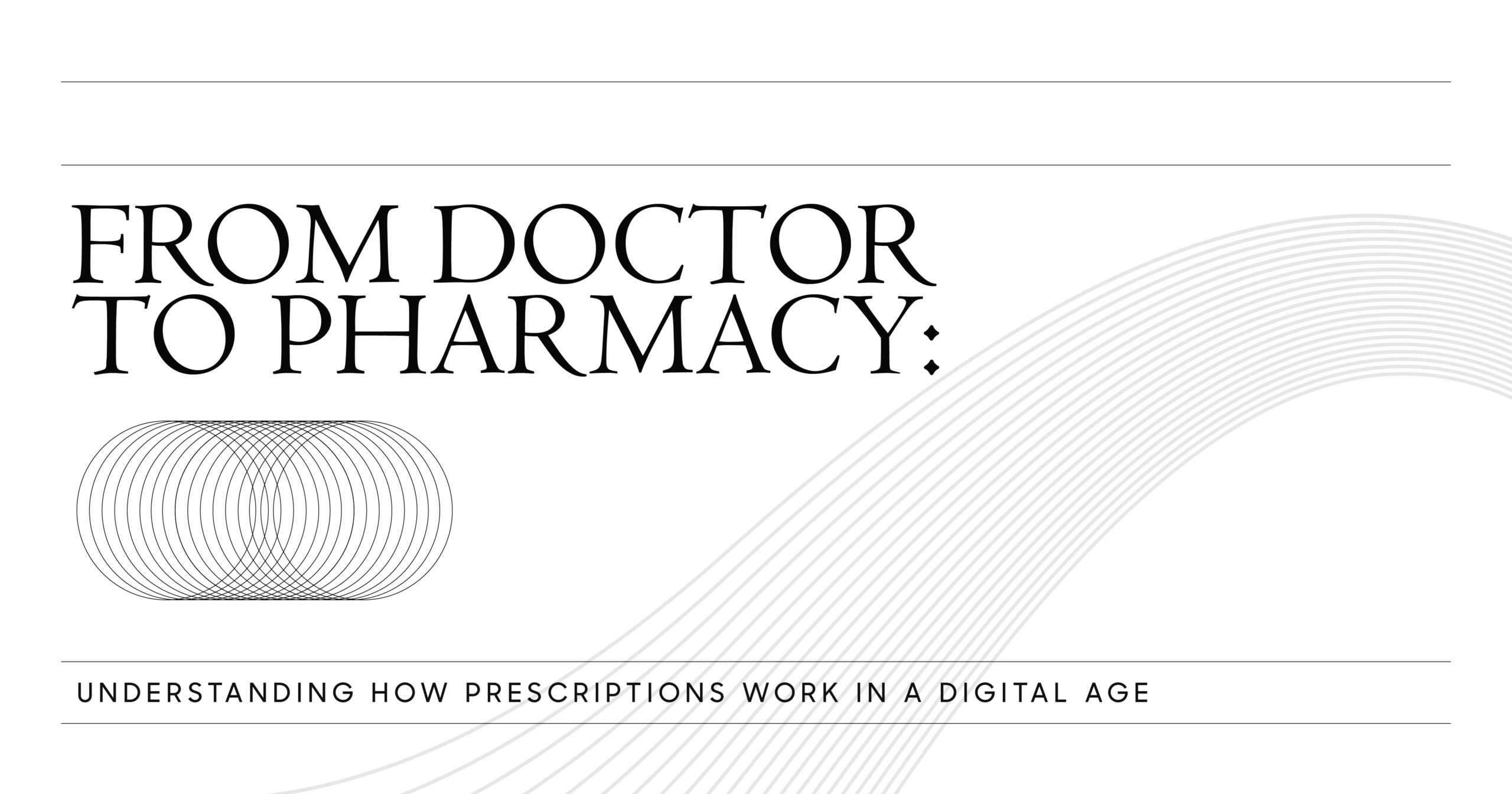Research consistently shows that the therapeutic alliance is one of the most important variables in determining successful treatment outcomes.
In simple terms, the therapeutic alliance refers to the relationship shared between a therapist and their client. Every relationship is inherently unique, but when clients reflect on what makes therapy work for them, they often speak about the nuances within this relationship.
All treatment modalities talk about the significance of the therapeutic alliance. But therapists sometimes overlook the nuts and bolts when forming this meaningful relationship. Here are some common mistakes that you may need to consider addressing in your work.
Undermining the Importance of the Therapeutic Relationship
Regardless of your theoretical orientation, the alliance matters and this is true in all forms of therapy, including individual, family, couple, and group therapy. How you connect and support your client should always be at the forefront of your work.
That said, therapists working in short-term care or more acute mental health treatment might overlook the value of this relationship. In addition, insurance companies have entirely different standards for measuring treatment success, which can complicate the process altogether.
In all cases, however, the therapeutic relationship acts as the catalyst for stabilizing crises, improving mental health symptoms, and maintaining retention within a treatment episode. And no matter what they’re working on, people who enjoy a collaborative relationship with their therapists are more likely to have positive outcomes when it comes to achieving their therapeutic goals.
Falsely Believing the Client Trusts Them Quickly
I’ve never told anyone this before.
You’re so much better than all my last therapists.
I feel like you really understand me.
Therapists naturally enjoy hearing these statements and client feedback matters, but it’s important to avoid automatically assuming that praise indicates trust. The truth is that clients often come to treatment feeling deeply betrayed by people whom they cared about. They also may have long-standing issues with medical providers, making it harder for them to trust a therapist’s ability to help them.
That said, trust is earned one moment at a time. Consistency, reliability, and compassion can’t be overstated. In addition, you can erode trust rapidly- sometimes within a single statement. Recognizing and respecting the fragility of trust reminds you to keep focusing on building a good therapeutic alliance.
In all cases, it’s unlikely that any client will fully trust you within just a few sessions. The therapy process takes time to unfold, and it’s important to accept trust as an evolving concept.
Failing to Address Therapeutic Alliance Ruptures
A therapeutic alliance rupture can best be described as an experience of tension within the relationship. Anything can cause this rupture, from you arriving at the session a few minutes late to you wearing an outfit that reminds them of an ex-partner. However, the tension can be incredibly covert, and many clients won’t address it directly themselves.
Psychotherapy research also shows that good therapy isn’t about the absence of ruptures. How therapists attend to ruptures is what’s key. One study even found that treatment outcomes were more successful when a client and therapist navigated a rupture successfully compared to clients who always had a strong therapeutic relationship. This work is known as the rupture-repair process, and it can be transformative within a helping alliance.
Signs that a rupture may have occurred include your client:
- becoming more withdrawn and/or avoidant in therapy
- making more sarcastic jokes or refusing to share their feelings more candidly
- canceling sessions or not showing up at all
- criticizing you or the therapy process
- blaming themselves for not being “good enough” in some way for therapy
Therapists can best attend to relationship ruptures by addressing them quickly and professionally. This also entails acknowledging your own wrongdoings and holding yourself accountable for how you hurt a client. Throughout this process, let your client explain themselves fully without assuming you know how they feel.
Inadvertently Disagreeing on Treatment Goals
A good therapeutic relationship requires that you’re on your client’s team. A client genuinely needs to feel like you believe in their goals (and them) wholeheartedly.
Therefore, problems can quickly emerge when you have a goal for the client that they don’t yet for themselves. For example, a client seeks your expertise in helping them recover from their substance use disorder. And while they make some strides in therapy, they refuse to end a problematic relationship with their abusive partner. You believe this dynamic is profoundly stunting their recovery efforts.
That said, it’s essential that you don’t conflate your biases with actual therapy goals. You can and should present your concerns, particularly when it comes to safety, but it’s essential to respect your client for their needs, values, and current life situation.
Fostering Dependency Within The Therapeutic Bond
Therapists must always be mindful of how clients can grow to depend on their therapists for emotional support and safety. In some frameworks, this reliance initially acts as an important foundation. But when clients lack outside resources or support, the therapeutic process can backfire.
In a positive therapeutic alliance, you’re acting as compassionate support as they process emotions, cope with distress, or navigate making important changes. At the same time, you always encourage autonomy and take on a strengths-based approach. Setting and maintaining professional boundaries maintains attachment without exploiting safety.
With that, you remain aware of the potential for deep transference. It’s common for clients to feel a combination of shame, fear, sadness, anger, and confusion regarding how they feel about therapy. Encouraging exploration of these feelings and validating their role is a crucial part of maintaining a working alliance.
Final Thoughts
Creating and maintaining a strong therapeutic alliance is an essential goal for every therapy client. Within treatment, true healing happens within the context of a healing relationship.
Therapists are sometimes the only person really listening to a client’s needs and feelings. By providing unconditional positive regard, validation, and safety, you allow someone to be themselves and explore the changes they value most.



